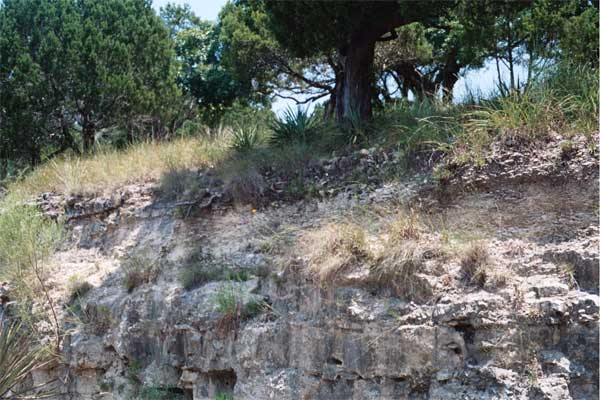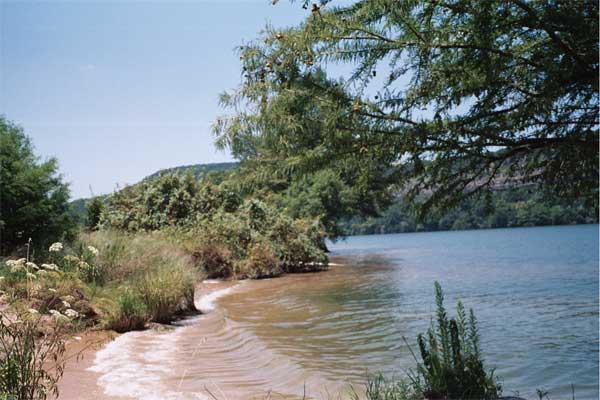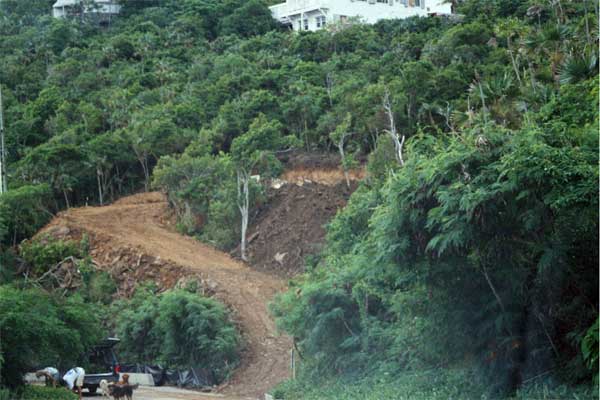Performing careful initial site examinations and evaluating wide ranges of factors relevant to the sites, existing and future conditions, and other wastewater service considerations for the clients and users of the systems is critical for the selection of the most suitable and cost-effective wastewater solutions. CES approaches each project in this way. Experience with a wide range of wastewater treatment options and planning considerations allows for an open-minded working relationship with clients and the ability to develop wastewater service plans which are the most appropriate for the particular client’s needs and the physical conditions on and around the project site.
Most engineering firms in the U.S. and abroad who specialize in wastewater planning and design tend to have experience with either larger municipal and public utility scale systems, or tend to focus almost exclusively on small scale “onsite” wastewater systems. In the planning process, either the lack of familiarity with a broad spectrum of wastewater solutions, or a preference for one approach versus the other can lead to biases in the recommendations developed for a client. CES engineers believe that each situation and set of conditions lends itself to certain options that will tend to be more cost-effective and appropriate given certain underlying assumptions. Those assumptions may include expected useful service life of the system, environmental factors, long-term maintenance and replacement costs, and many other key considerations that affect wastewater service planning choices. CES assists clients by helping to identify and evaluate those factors as related to particular solutions, and make recommendations based on the outcome of that analysis.
Decentralized wastewater service refers to both small and large-scale onsite or clustered systems which tend to be relatively close together. Decentralized systems in a particular area or jurisdiction may be managed by a public utility, and may consist of combinations of individual onsite systems and clustered commercial and residential systems. Some treatment options tend to be better-suited for clustered applications, due to the need for either a higher level of routine operation and maintenance, or the need to limit public access to the treatment unit. Certain treatment processes are simply not well-suited for use in individual residences or small commercial facilities due to highly variable daily flows, or for vacation properties where there may be significant periods of non-use.
Rocky hill country conditions pose challenging design and construction issues for decentralized systems. CES has designed numerous large and small systems in settings similar to the one shown in the above photo.
Sites adjacent to lakes and rivers present problems such as high ground water and periodic flooding. CES has experience with alternative collection and decentralized treatment systems that are well-suited for this type of setting.
Steep slopes with unstable and often shallow soils are typical of much of the hilly terrain found in the West Indies. Many hills such as the one shown in this photo overly highly sensitive and pristine waters. It is essential to consider a wide range of critical issues when designing decentralized systems for these types of conditions.
Since the company’s formation in 1992, CES has routinely worked cooperatively with other firms as needed to best serve clients in the above ways. In cases where an evaluation of alternatives points to the use of systems or designs that may require outside expertise, CES will inform the client and either work with other consultants, or refer the client altogether to others in order to achieve the most appropriate project results. While CES has particularly in-depth experience and expertise with decentralized wastewater planning, there are many situations that may lend themselves to the use of centralized solutions based on the underlying project needs and assumptions.
Where current centralized wastewater service is not available, where costs of extending service tend to be high due to hilly or rocky terrain, or where there are adverse slopes and/or long distances for connecting to conventional gravity collection systems, clustered or individual onsite systems may well be the most cost-effective options. Effluent collection systems can be used either for clustered systems, or to connect to a centralized wastewater system. In an effluent collection system, homes and/or businesses are served by septic tanks to provide removal of most solids and oils/grease, and effluent from the septic tanks is collected in small diameter gravity or pressure lines in the street. Effluent is transported either to a common location for final treatment and soil/land dispersal, or conveyed to a centralized wastewater collection and treatment system. Eliminating the solids handling component from collection systems and lift stations can result in substantial cost savings, particularly when hilly conditions are adverse slopes, high ground water, or rocky subsurface conditions cause conventional gravity collection systems to be costly, or necessitate the use of lift stations. CES is well qualified to evaluate these various approaches, or combinations of system types, to determine the most overall cost-effective wastewater service options.
An important consideration for all wastewater service options is long-term costs. Some types of onsite treatment units have become commonly used in some areas in the U.S. due to their lower upfront capital costs. However, high maintenance costs for the entire life of the system can cause those initial savings to quickly disappear. CES routinely provides clients with long-term cost comparisons for wastewater service options so that more well-informed decisions can be made.



